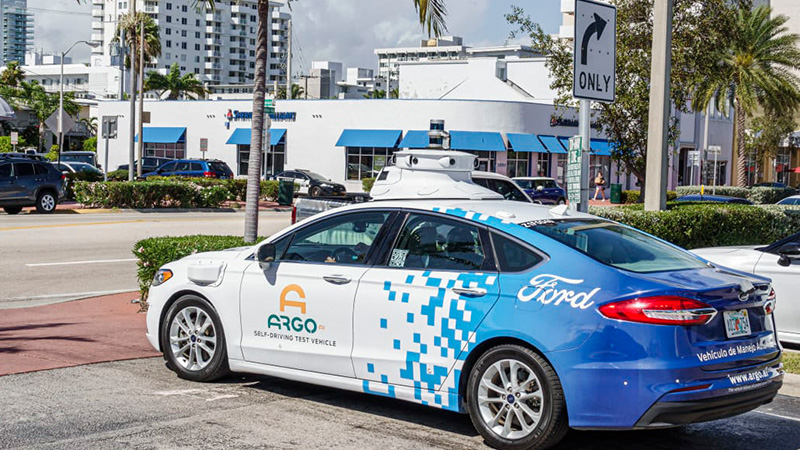The Argo AI driverless start-up is shutting down, according to a Forbes article. After having raised billions of dollars for investment between Ford and Volkswagen, this is a bit of a surprise U-turn for what seemed to be a promising and innovative company.
Various Argo employees are reportedly being offered to come and work for either Volkswagen or Ford, but how many and in what capacity has not been disclosed.
Argo founded in 2016 with a mission to make “the world’s streets and roadways safe, accessible, and useful for all”. The start-ups’ founders believed that autonomous driving had the potential to bring about a profound global change in the way we use transport.
The company secured funds from the aforementioned automaking companies. Argo seemed like a sure bet for the future, a start-up that had the financial backing to complement its innovative goals. Unfortunately, that looks to be the case no longer.
An official comment by Argo has not been published, and multiple publications have reported the company declined to comment when asked.
Why Has Argo Shut Down Now?
The autonomous automobile industry has not seen the growth or revenue that was previously predicted. Argo started via Ford as a competitor to Waymo and Cruise. While the industry has seen extremely generous contributions of billions in total, none of the three companies leading have been seeing revenue until very recently.
It is likely that Argo have been dissolved due to companies looking to back out of the race to cracking autonomous vehicles, so that they can pursue more lucrative business ventures.
As reported by the Forbes article, Argo made its employees aware of the company’s dissolution on Wednesday, 26th October 2022.
The autonomous automobile looks to be consolidating at this point in time, with Waymo and Cruise emerging as the front runners.
Time will tell whether this industry will prove to be safe, accessible, and profitable. What’s clear so far is that there has been much more technological demands and obstacles than what was previously predicted.
